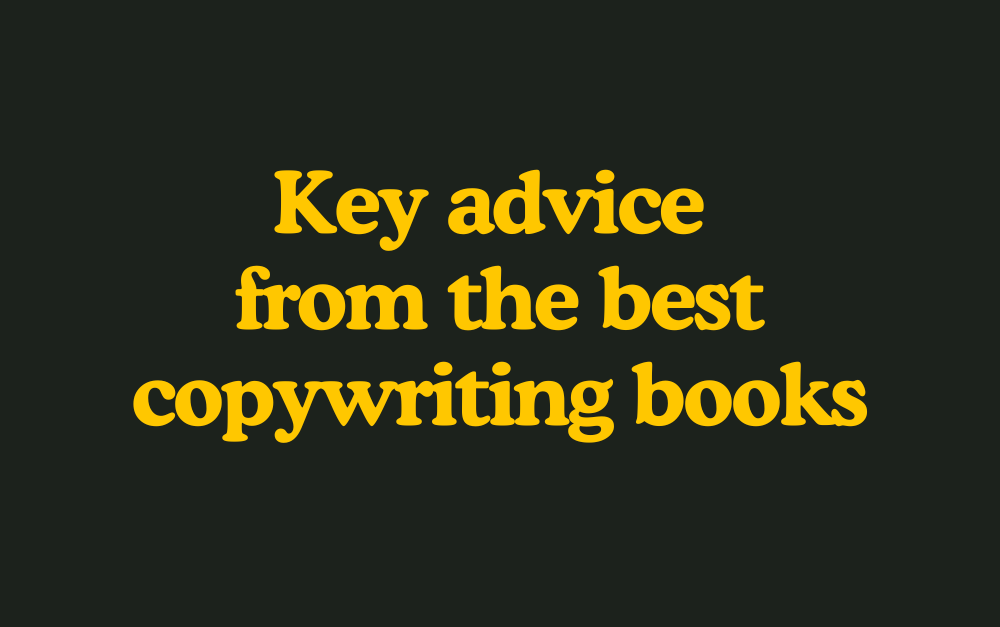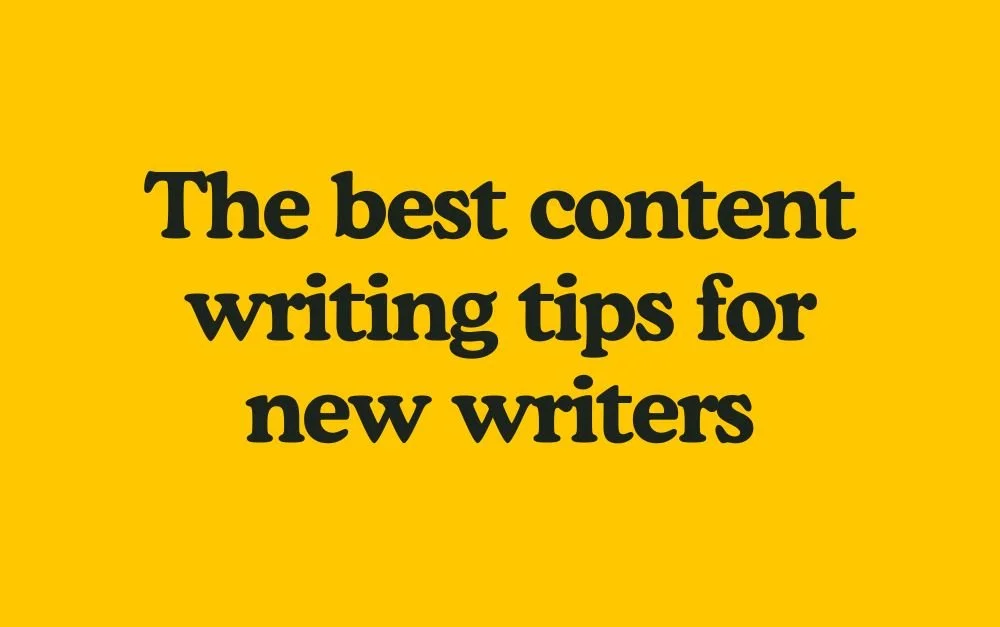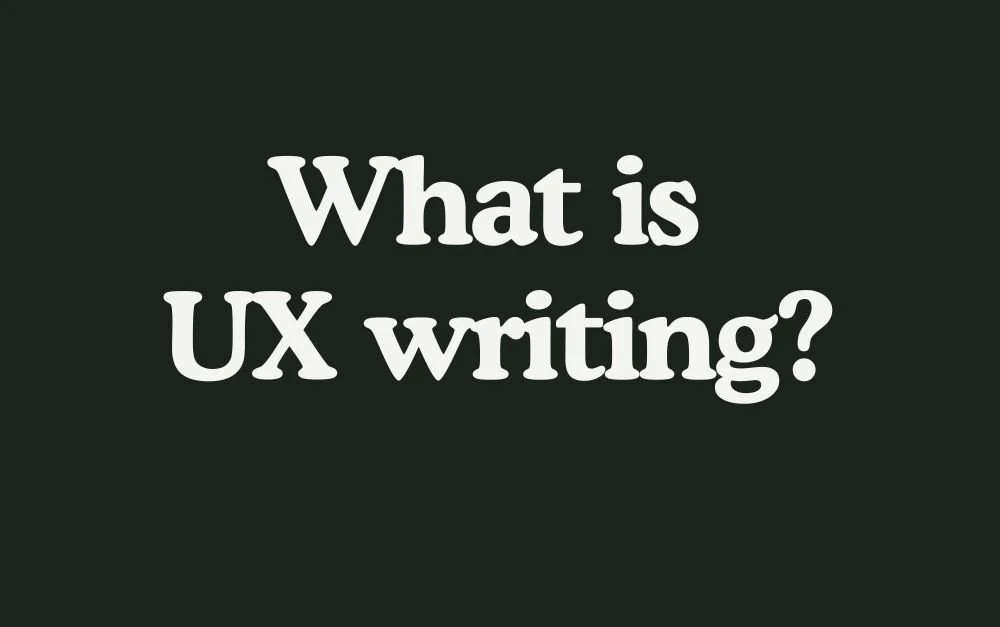A quick chat with Leif Kendall from ProCopywriters
Leif chats to us about ProCopywriters, the Copywriter Code, and more.
I’m tired of having to explain the importance of UX to senior tech people
Buckle in friends, we’re going ranting.
Connecting with the relentlessly helpful John Espirian
LinkedIn’s very own living and breathing Wizard of Oz.
How to craft a customer case study page that converts
Craft customer story pages that build trust, highlight results, and drive action.









